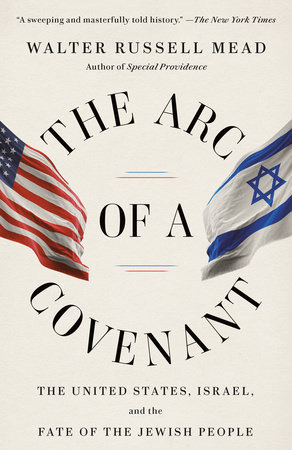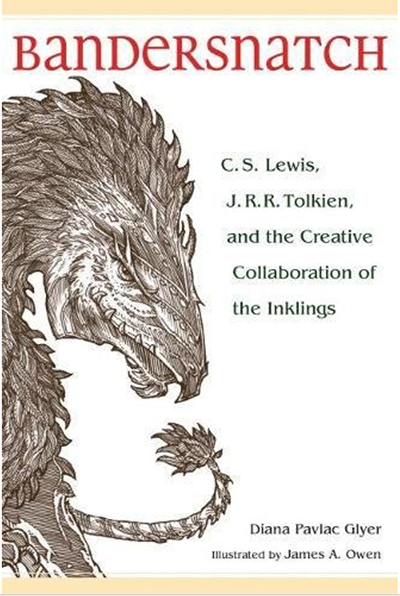Coffee this Friday, October 27, at the usual time and place.
(1) Thinking rightly about foreign affairs: Walter Russell Mead is many things: Bard College prof, WSJ columnist, Hudson Institute fellow, keen observer of foreign affairs, featured guest on Tablet Magazine’s “What Really Matters” podcast. His most recent book is The Arc of a Covenant: The United States, Israel, and the Fate of the Jewish People, published in 2022.
I found myself thumbing back through it this weekend, looking for anchors amid the titanic current of events. Mead explores why the bond between America and Israel, and between the American and Jewish people, is so strong, with complex roots in history, faith, culture, ideology, and (geo)politics. But Mead’s capacious sense of history is also a warning. Ideologies shift. Political alliances are unstable. I quote but one important passage of the book at length:
[I]t is much easier and more common for human beings to feel strongly about moral issues than to judge wisely about them. In the 1940s and 1950s, for example, support for Israel in both the United States and Western Europe was a cause favored by the political left. For the progressives and social democrats of that era, the Jewish people were the most prominent victims of the fascist and obscurantist right…. The Arabs, on the other hand, had rejected the U.N. vote. Worse still, the leader of the Palestinians, the Grand Mufti, had been closely allied to Adolf Hitler…. For twenty years liberals and progressives in the United States, and their allies in Europe, attacked the more pro-Arab American Republicans for cynically preferring Arab oil wealth to the cause of human rights and Israel.
In recent decades, the left has shifted to a different narrative, one in which Zionism is a form of European and American racism and neo-colonialism. The Jews of Israel were no longer seen as desperate refugees from a Europe that sought to exterminate them, but as a vanguard of western domination…. Much of the American right, meanwhile, has embraced a version of the old leftist narrative that justifies Israel and makes support for it a moral imperative.
Both narratives achieve their moral power in part by obscuring important facts. The old pro-Israel narrative of the left did not do justice to the suffering and displacement of the Palestinians…. Yet the new anti-Israel narrative also overlooks crucial events. To take just one example, only a minority of Israeli Jews are European by origin or descent. The plurality have no European roots; they came to Israel from other countries in the Muslim Middle East. Many of these Mizrahi Jews fled or were driven out of their homes by Arab governments and mobs…. No one speaks of compensation for these refugees; no one commiserates with them; no one seeks to hold anyone to account for the crimes committed against them…. Much of the cynicism in Israel about the moral bona fides of European human rights activists and the U.N. comes from the bitterness of a community whose suffering and losses are a matter of near-universal indifference around the world. Much of the distrust of Arabs and Muslims that plays such a significant role in Israeli politics is grounded in the bitter experiences of this community and its descendants.
Failing to appreciate facts like these, Mead says, impedes “an accurate, just, and comprehensive understanding” of “our complicated and disorderly world,” and impoverishes our foreign-policy thinking. And Americans, of all people, must think rightly. As Mead writes elsewhere (at Tablet): “[T]he United States continues to occupy a unique position in world affairs. Whether the danger is climate change, the rise of uncontrolled artificial intelligence, nuclear proliferation, challenges to the ‘rules-based world order,’ or an increasingly totalitarian China bent on hegemony, the chances of a benign outcome rest heavily on the position and the performance of the United States.”
(2) A comment on our coffees: My vision for our weekly caffeinated convivium is not only the friendship and conversation it fosters. I also want it to be a forum for discourse, critique, and promotion. Many of us are working on papers and presentations, theses and dissertations. All of us are, at various points, perusing a book, puzzling over an essay, or picking our way through a lecture series. Bring these to our coffees. Bring copies of something you’re working on—be it a paper, prose, or poetry—if you’re willing to submit to both praise and pushback. It will surely enrich our discussion, if not your own work. (If it’s not obvious, my encouragement here draws on insights from Diana Glyer’s work, particularly her book Bandersnatch, which was the basis of her lecture for the Nicaea Study Center earlier this year.)
Hope to see you Friday.



